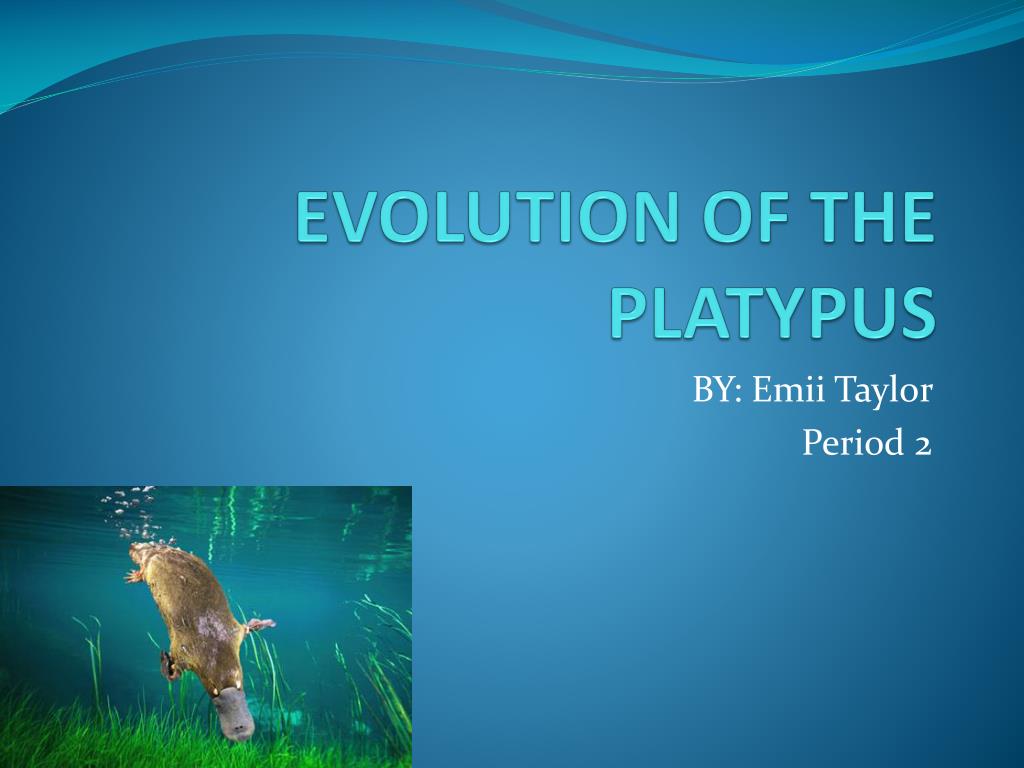

The presence of unpaired chromosomes and an unknown sex-determining system especially has defied attempts at. The platypus (2n 52) has a complex karyotype that has been controversial over the last three decades. According to our findings, all of the major evolutionary changes in the expression array and basic Ig structure that have occurred since the evolutionary separation of mammals from the early reptile lineages, occurred prior to the separation of monotremes from marsupial and placental mammals. Resolution and evolution of the duck-billed platypus karyotype with an X1Y1X2Y2X3Y3X4Y4X5Y5 male sex chromosome constitution.

However, the platypus IgE and IgG still conform to the general structure displayed by the respective Ig isotypes of eutherian and marsupial mammals. Comparative amino acid sequence analysis against IgY, IgE and IgG from various animal species revealed that platypus IgE and IgG form branches that are clearly separated from those of their eutherian (placental) counterparts. The fragments obtained were used as probes to isolate full-length cDNA clones of three platypus post-switch isotypes, IgG1, IgG2, and IgE. Fragments of platypus IgG and IgE cDNA were obtained by a PCR-based screening using degenerate primers. Monotremes are a unique order of mammals that includes only three extant species: the duck-billed platypus (Ornithorynchus anitinus), the short-billed echidna (Tachyglossus aculeatus), and the western long-billed echidna (Zaglossus bruijni).Like other mammals, monotremes possess a segmented jaw, have three bones that comprise the middle ear, are warm blooded, and lactate. We here present an analysis of the Ig expression in an egg-laying mammal, a monotreme, the duck-billed platypus (Ornithorhynchus anatinus).

Platypuses have been evolved to be perfect hunters and use special techniques to hunt underwater which we’ll discuss further. This is the reason they keep on hunting 10 to 12 hours per day. Platypuses have to eat food nearly 30 of their body weight per day. To trace the emergence of the modern post-switch immunoglobulin (Ig) isotypes in vertebrate evolution we have studied Ig expression in mammals distantly related to eutherians. Platypus lives in the burrows dug near the water bodies, rivers, and lakes.


 0 kommentar(er)
0 kommentar(er)
